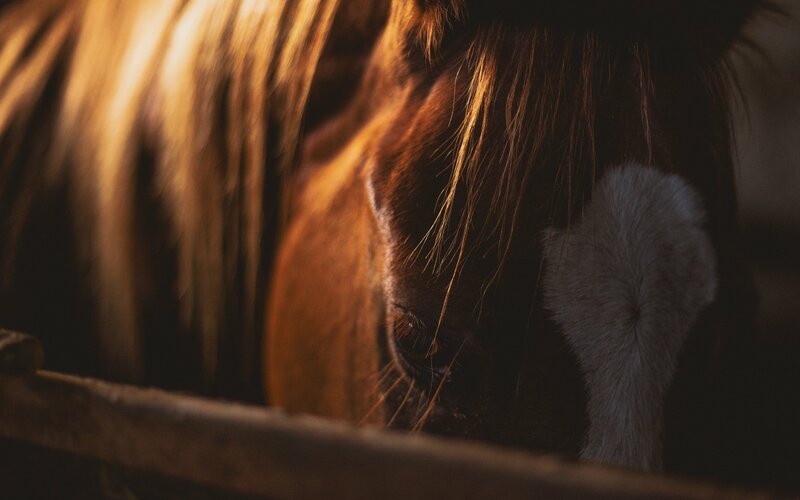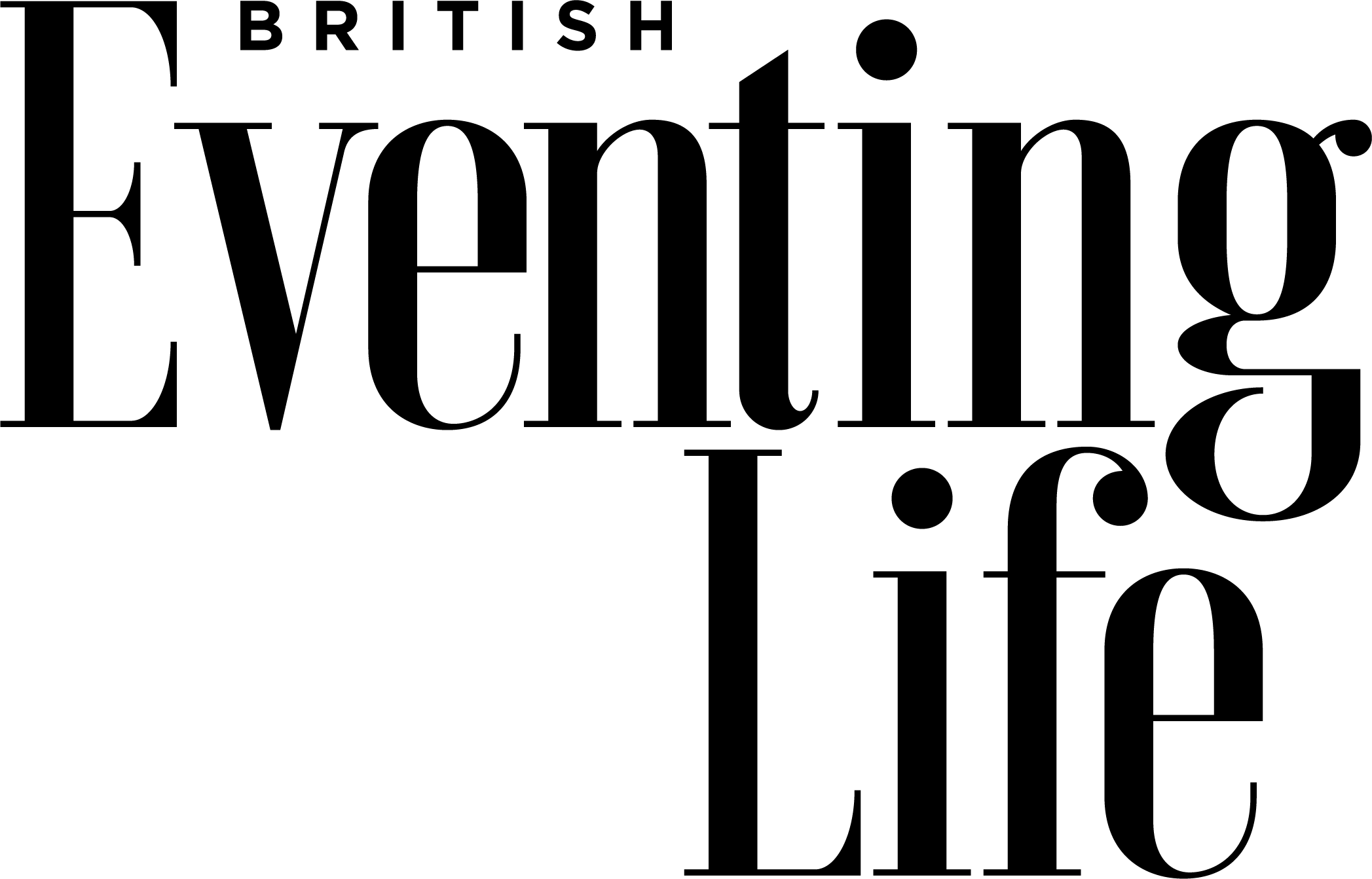
Everything you need to know about balancers
When exploring your horse’s nutrition the growing range of feed balancers could leave you feeling a bit unsteady, so we spoke to independent nutritionist Dr Teresa Hollands to bring some harmony to feed time.
WHAT ARE BALANCERS?
Balancers are concentrated sources of vitamins and minerals, protein and energy designed to balance a horse’s ration. They are fed in low amounts and so provide very little calories. The idea of a balancer is that you feed less calories but the same amount of nutrition.
HOW TO FEED A BALANCER
- Working out the weight of the horse, their workload, how many calories they’re burning and what nutrients they require, and then formulate an appropriate plan.
- You can feed a balancer instead of hard feed if your horse doesn’t need the calories, such as a horse who does well and competes off grass, but doesn't need the added calories from a performance mix. They're also useful when you are getting your horse fit.
- You can start them on a balancer so they’re getting the micronutrients and the protein, and when you start to feel their ribs and they’re going well, you can introduce the performance mix.
- Feed half the performance feed and half the balancer because you are then topping up the nutrients but not adding more calories
- Performance balancers often contain added ingredients that promote gut function such as yeast or prebiotics, but also contain more of the essential nutrients that a horse in hard work requires.
- For performance horses, look for balancers that contain a full vitamin B profile as they are an integral part of energy metabolism.
- Look for balancers with high levels of vitamin E, too. It’s an antioxidant that horses need when they are working harder to help combat inflammation.
- Also look out for protein, which is vital for muscle build and repair, and electrolytes that are essential for horses working hard and sweating.
WHEN SHOULD YOU USE A BALANCER?
Saracen's Senior Nutritionist Lizzie Drury MSc RNUTR discusses when to feed a balancer:
- If you are feeding a forage-only diet and grazing is less than ideal.
- Your horse has a tendency to become very overweight.
- Your horse becomes unmanageable when fed traditional coarse mixes or cubes.
- You are feeding a diet that is based on using straights, e.g. oats, barley.
- When there are specific problems, such as poor coat or hoof condition.
- There are high demands being placed on the horse, such as frequent travelling and competition.
- Your horse is on box rest or convalescing.
- When the recommended amount of performance mix causes excess weight gain.
